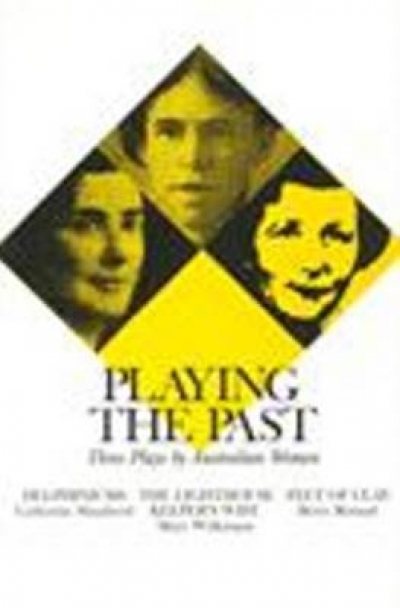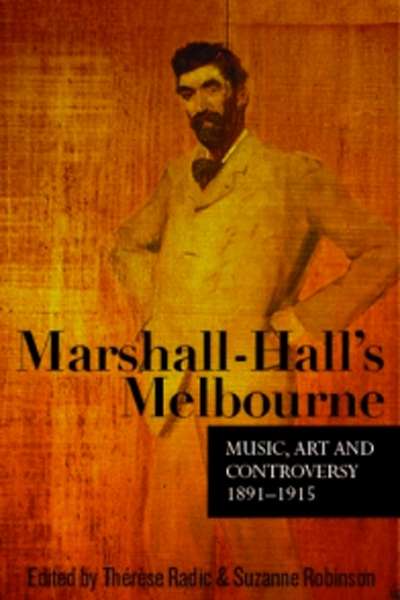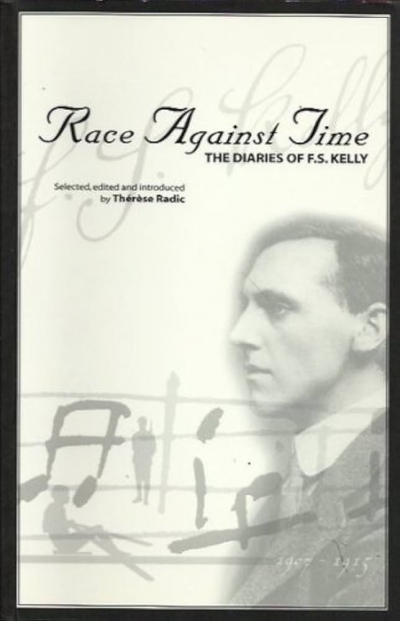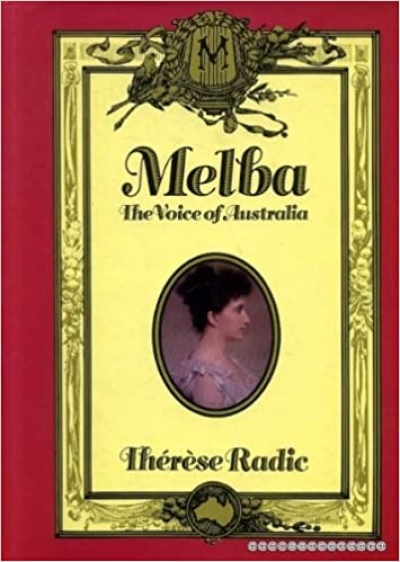Frederick Septimus Kelly – pianist, composer, Olympic oarsman, gallant officer and Australian – was killed at Beaucourt-sur-Ancre during the final battle of the Somme on 13 November 1916. Only a few weeks before, he had been enjoying ‘the most delightful still bright autumn weather’ and the unexpected loveliness of the French countryside, strangely removed from the booming guns of war. Kelly was then thirty-five. One of the last men to leave the Gallipoli peninsula in January 1916, his bravery in the front trenches before the evacuation had won him the Distinguished Service Cross. As a boy in Sydney, he had demonstrated a precocious musical talent, ‘playing Mozart and early Beethoven piano sonatas before he could stretch the octave’. At the time of his death, this gifted man was moving into what promised to be a new period of fertility and confidence as a composer and performer.
...
(read more)




